What you need to know about Child Labor in Uganda
In recent years, Uganda has experienced a significant surge in child labor, rising from 14% in 2016/17 to 39.5% equivalent to 6.2 million children in
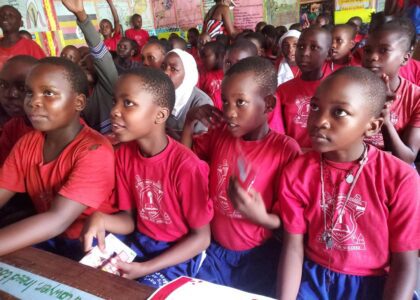
The International Day of the African Child is a day dedicated to raising awareness about the rights and well-being of African children. One of the most pressing issues facing African children today is access to quality education. Despite progress in recent years, many children in Africa still do not have access to basic education, and those who do often receive a substandard education that does not adequately prepare them for the future.
In 2024, the theme for the DAC is ‘Education for all children in Africa: the time is now’.
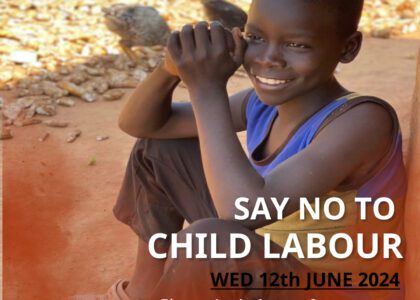
On June 12th, Joy for Children-Uganda joins the global community in commemorating the World Day Against Child Labor under the theme “Let’s Act on Our Commitments: End Child Labor!” .World Day against Child Labor is an annual observance held on June 12 to highlight the plight of child laborers and to promote efforts to eliminate child labor. The day was first proclaimed by the International Labor Organization (ILO) in 2002.
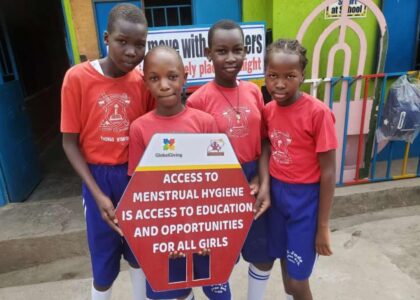
As we celebrate the Menstrual Hygiene Day themed “Together for a period friendly world” on May 28th, Joy for Children Uganda takes immense pride in reflecting on the achievements and progress made in promoting menstrual health and hygiene across the country. Over the past decade, Menstrual Hygiene Day has grown into a powerful movement, shedding light on the
importance of menstrual health, breaking taboos, and empowering women and girls to manage their menstruation with dignity and confidence.
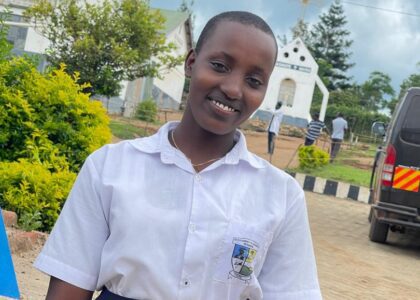
In today’s rapidly evolving world, education stands as the cornerstone of a prosperous future. It’s not merely about gaining knowledge, it’s about equipping our children with the tools they need to navigate life’s challenges, contribute to society, and fulfill their potential.
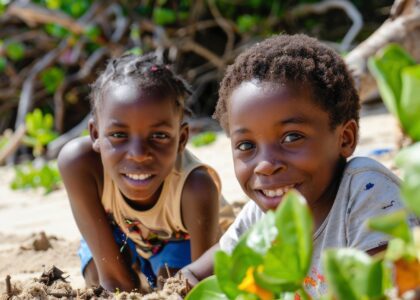
At Joy for Children Uganda, our mission is to create an inclusive world where every child, regardless of their abilities, has the opportunity to thrive and reach their full potential. Your unwavering support has been instrumental in driving this vision forward, and today, we invite you to join us in reinforcing our commitment to children with special needs.
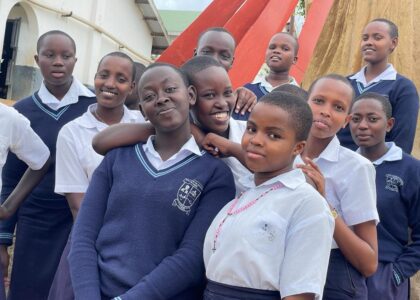
In recent years, the world has witnessed the devastating effects of climate change, leaving no corner untouched. However, amidst the rising temperatures and extreme weather events, it’s often the most vulnerable who bear the worst of these changes our children.
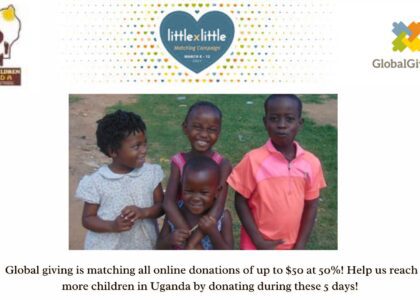
Menstrual hygiene management (MHM) in rural Uganda remains a pressing issue, affecting theeducation and well-being
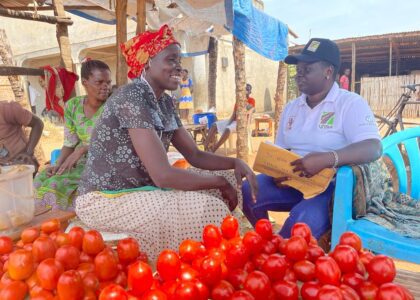
As the world celebrates International Women’s Day, the theme “Invest in Women: Accelerate Progress” rings louder than ever before. This year’s theme highlights the urgent need to prioritize investments in women and girls to drive meaningful progress towards gender equality and sustainable development.
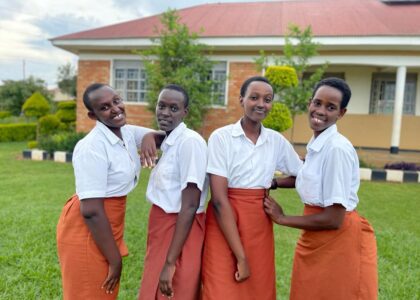
Child forced marriages [ CFM] remain a significant challenge in Uganda, with many girls being forced into marriage before the age of 18.Statistics from the Uganda Demographic and Health Survey (UDHS) of 2016 indicates that the prevalence of child marriage in Kiruhura district is 34 percent, which was higher than the national average of 27 percent. According to the UDHS, child marriage was more common in rural areas, were poverty and low levels of education persistent. This harmful practice disproportionately affects girls preventing them from living their lives free from all forms of violence. We take a look at Kiruhura district in Western Uganda where we interacted with early marriage survivors, local leaders and organizations advocating for the rights of children. The interaction with the leaders and different stakeholders gave an opportunity to the child rights advocates to clearly understand the drivers behind the rampant cases of child marriages and how they can be minimized.
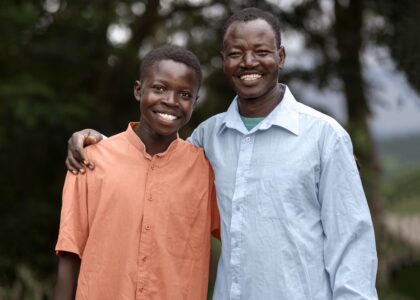
Child marriage is a pervasive issue in many parts of the world, with a multitude of contributing factors, one of which is toxic masculinity. To combat this harmful practice, it is essential to promote positive masculinity among men, encouraging them to be respectful, responsible, and empathetic.